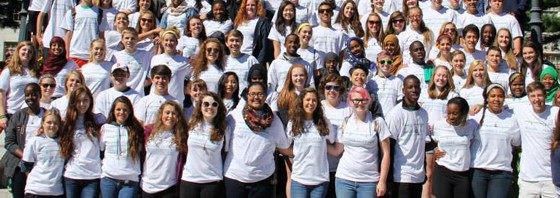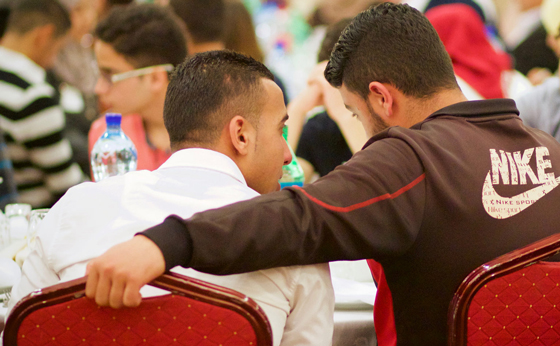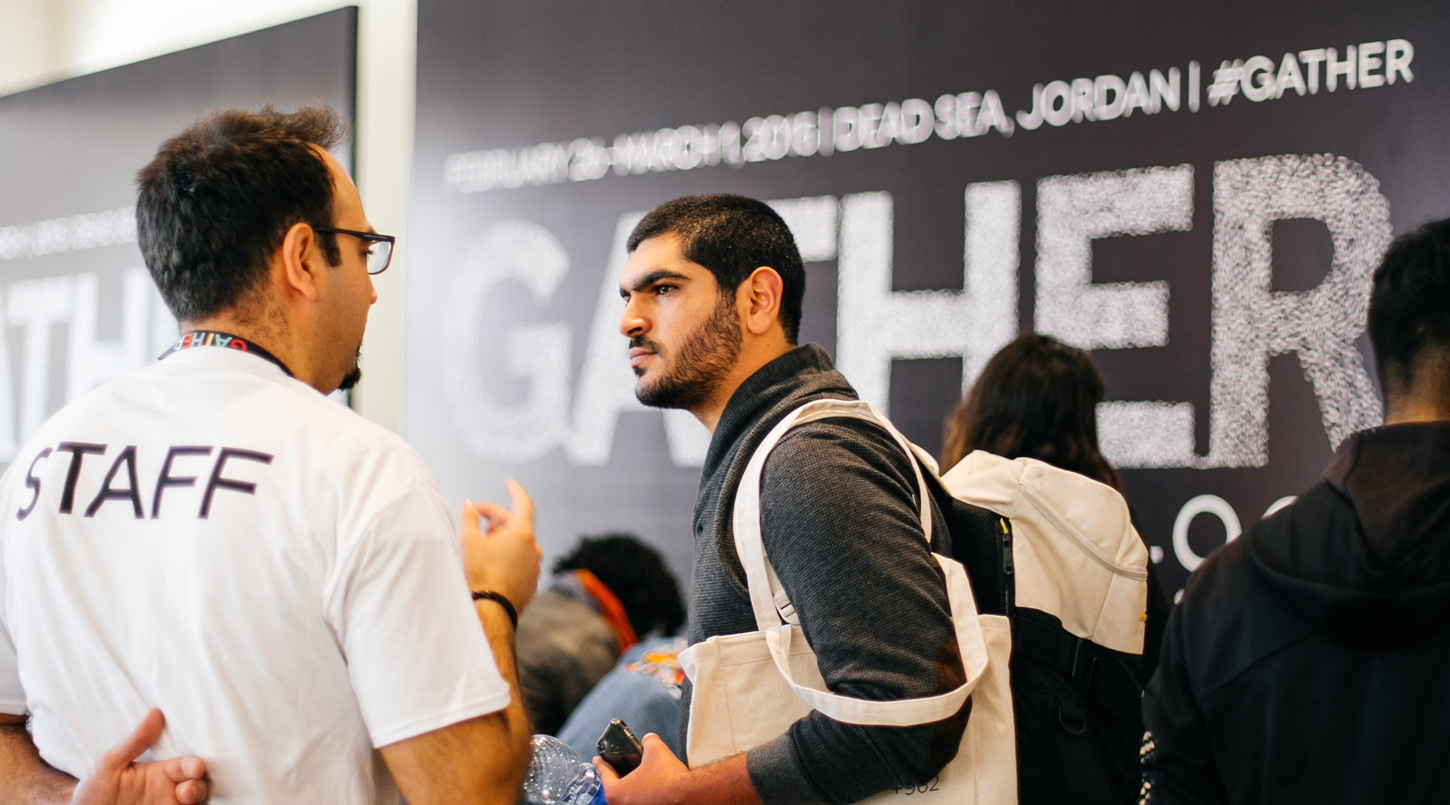NEW YORK | Thirteen Seeds took part in a public speaking workshop in New York City on November 6 hosted by Ben Squires, Manager of Public Policy for Arconic.
The workshop brought together New York City Seeds and American Seeds for a day of public speaking training and storytelling framing. The workshop focused on what makes compelling communication, as well as how to frame one’s story and how to make your message land with an audience.
To practice these skills, each Seed presented for 2-3 minutes on a topic he or she is passionate about. After each presentation, the rest of the group provided feedback. There were a variety of issues discussed, including women’s rights, opportunity, differences in community relations, post-Camp, career goals, ethnicity, and race.
The Seeds discussed their common struggles, as highlighted in the presentations.
“It was great to have commonalities of struggle highlighted within the group, enabling Seeds from different programs to relate to one another,” said Seeds of Peace’s Clarke Reeves, who organized the workshop.
This was also the first New York regional program where New York City Seeds and Seeds from the American Session worked together.
“Although there were small numbers, it was great to have the two cohorts begin a relationship,” said Reeves.



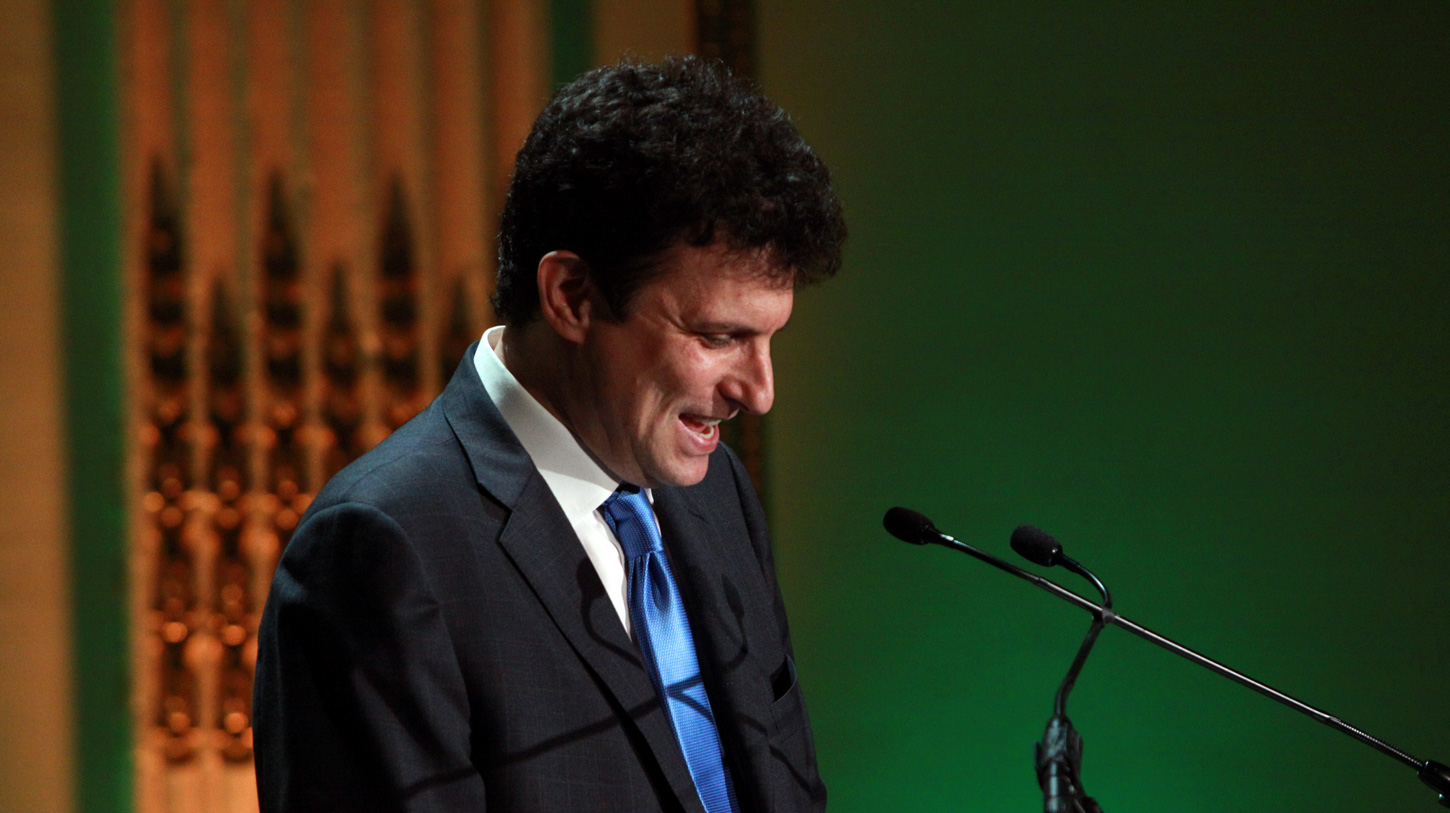
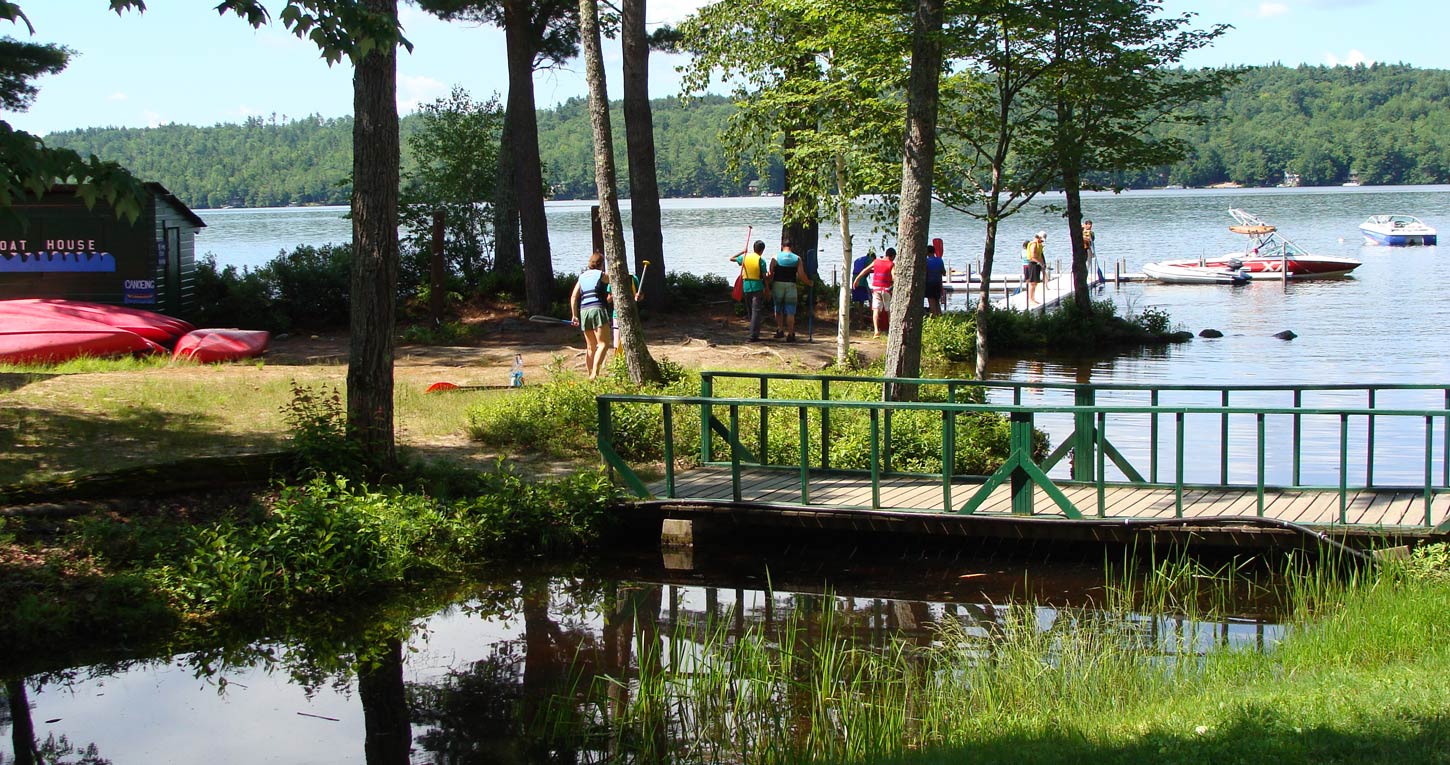

 Interspersed with the dialogue sessions were several rounds of team-building activities, including some spirited and uniquely Seeds of Peace field sports like “Steal the Bacon,” as well as a lively “talent show” of skits and music put on by the Seeds. Another important feature of the event was the presence of several adult Delegation Leaders whose help in conducting events was invaluable. View a short video about the Delegation Leaders program produced by Seed alumni Fatma Elshobokshy.
Interspersed with the dialogue sessions were several rounds of team-building activities, including some spirited and uniquely Seeds of Peace field sports like “Steal the Bacon,” as well as a lively “talent show” of skits and music put on by the Seeds. Another important feature of the event was the presence of several adult Delegation Leaders whose help in conducting events was invaluable. View a short video about the Delegation Leaders program produced by Seed alumni Fatma Elshobokshy. The day began with a tour of the city and a trip to the Museum in Taibe. The Seeds then traveled to a Seed’s home, for a presentation and discussion led by Managing Director and Chief Administrator in Israel, Eyal Ronder, a Ministry of Education official, Rauf Daood, and the head of the Taibe Education Department. A delicious dinner was shared after the successful and exhilarating discussion.
The day began with a tour of the city and a trip to the Museum in Taibe. The Seeds then traveled to a Seed’s home, for a presentation and discussion led by Managing Director and Chief Administrator in Israel, Eyal Ronder, a Ministry of Education official, Rauf Daood, and the head of the Taibe Education Department. A delicious dinner was shared after the successful and exhilarating discussion. On January 11-12, 2009 schools participating in the Model Schools Initiative in Jenin, Bena na’eem (outside of Hebron), Jerusalem and the UNRWA school in Walla Jay (close to Bethlehem) received a visit by Seeds of Peace representatives. The representatives met with principals and teachers at the schools to discuss implementations of techniques, learned at a June workshop in Jenin, current needs and further steps to be taken.
On January 11-12, 2009 schools participating in the Model Schools Initiative in Jenin, Bena na’eem (outside of Hebron), Jerusalem and the UNRWA school in Walla Jay (close to Bethlehem) received a visit by Seeds of Peace representatives. The representatives met with principals and teachers at the schools to discuss implementations of techniques, learned at a June workshop in Jenin, current needs and further steps to be taken. The week’s events were led by Director of Global Programming, Paul Mailhot, as well as Facilitation Training program instructors, Danny Metzel and Farhat Agbariyah. 16 Israeli and Palestinian Seeds worked with ASL kindergarten through high school students regarding conflict resolution tactics. Throughout the week, facilitators were involved in approximately 40 classes.
The week’s events were led by Director of Global Programming, Paul Mailhot, as well as Facilitation Training program instructors, Danny Metzel and Farhat Agbariyah. 16 Israeli and Palestinian Seeds worked with ASL kindergarten through high school students regarding conflict resolution tactics. Throughout the week, facilitators were involved in approximately 40 classes.
